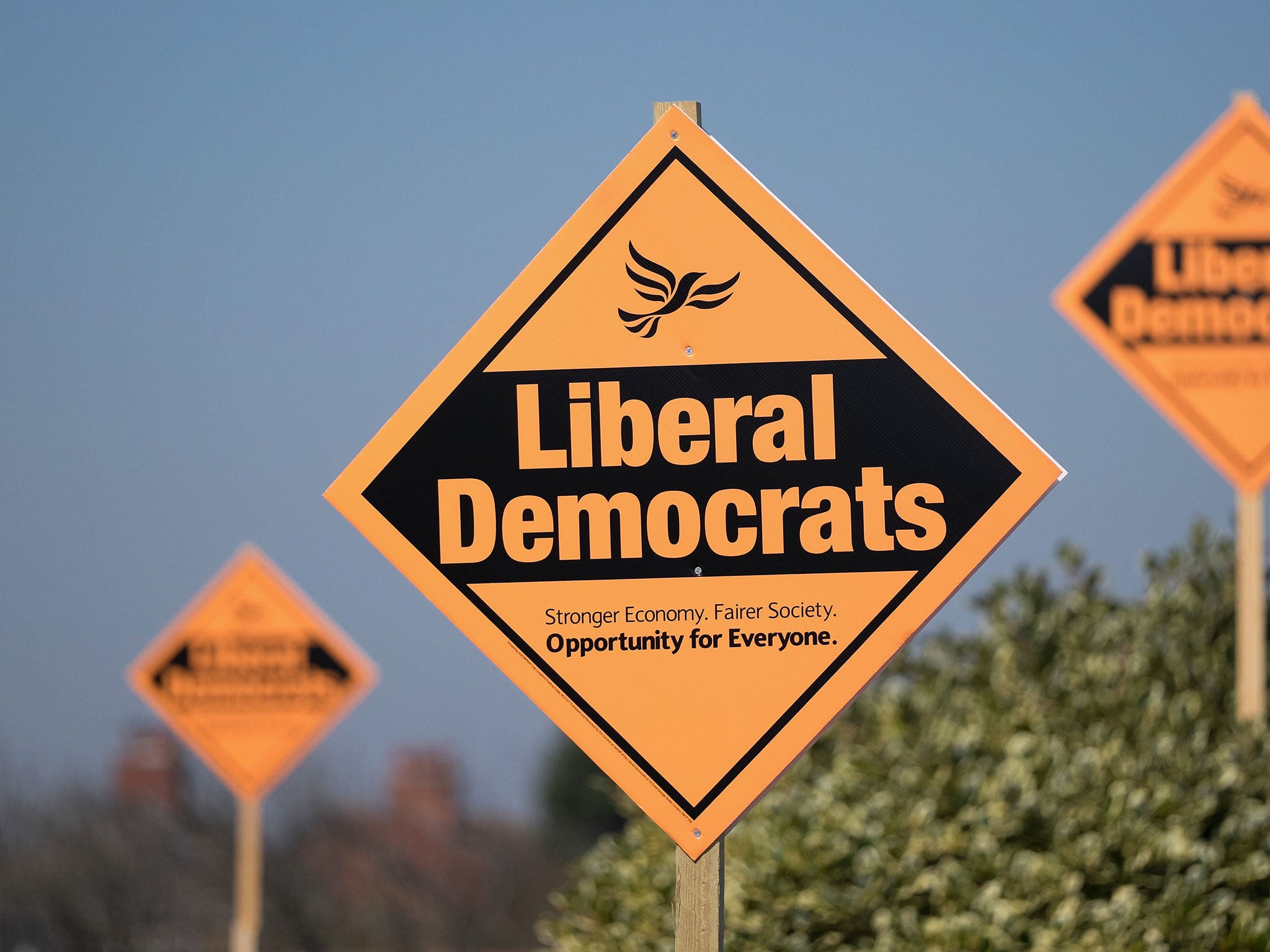For years the Liberal Democrats banged the drum for electoral reform. As the third party in British politics, its calls for proportional representation made obvious sense. It regularly secured a portion of the vote which failed to be reflected in the distribution of House of Commons’ seats.
When it came to the House of Lords, the party was no less zealous in its calls for change. It believed it had won a deal with its Conservative Coalition partners to move towards an upper chamber in which membership would be halved and up to 80 per cent of peers would be elected. But the reforms were scuppered.
With this background in mind, it comes as something of a shock that the Lib Dems, decimated in last month’s general election, appear on the brink of increasing their representation in the Lords, with the probable elevation of grandees including Alan Beith and Sir Menzies Campbell. The party already has 102 peers out of the total of 552 who are affiliated to political parties. Having secured less than 8 per cent of the popular vote in May, it is no surprise that the Tories in particular are crying foul at any further expansion.
For opponents, it is a question of practical politics as much as anything else. But for the Liberal Democrats, desperate to recover a sense of identity after the disastrous consequences of the Coalition, such over-representation in the Lords can be regarded as nothing less than an embarrassment.
Yes, British politics is worse off for the loss of some experienced Lib Dem hands in the May cull. But the party can rebuild successfully only if it stands by those principles which won it popular support in the past. If that means that some good men and women don’t receive the kind of personal elevation which has become commonplace in public life, then it will only be for the future good of a party which can still play a vital role in our polity.


Join our commenting forum
Join thought-provoking conversations, follow other Independent readers and see their replies